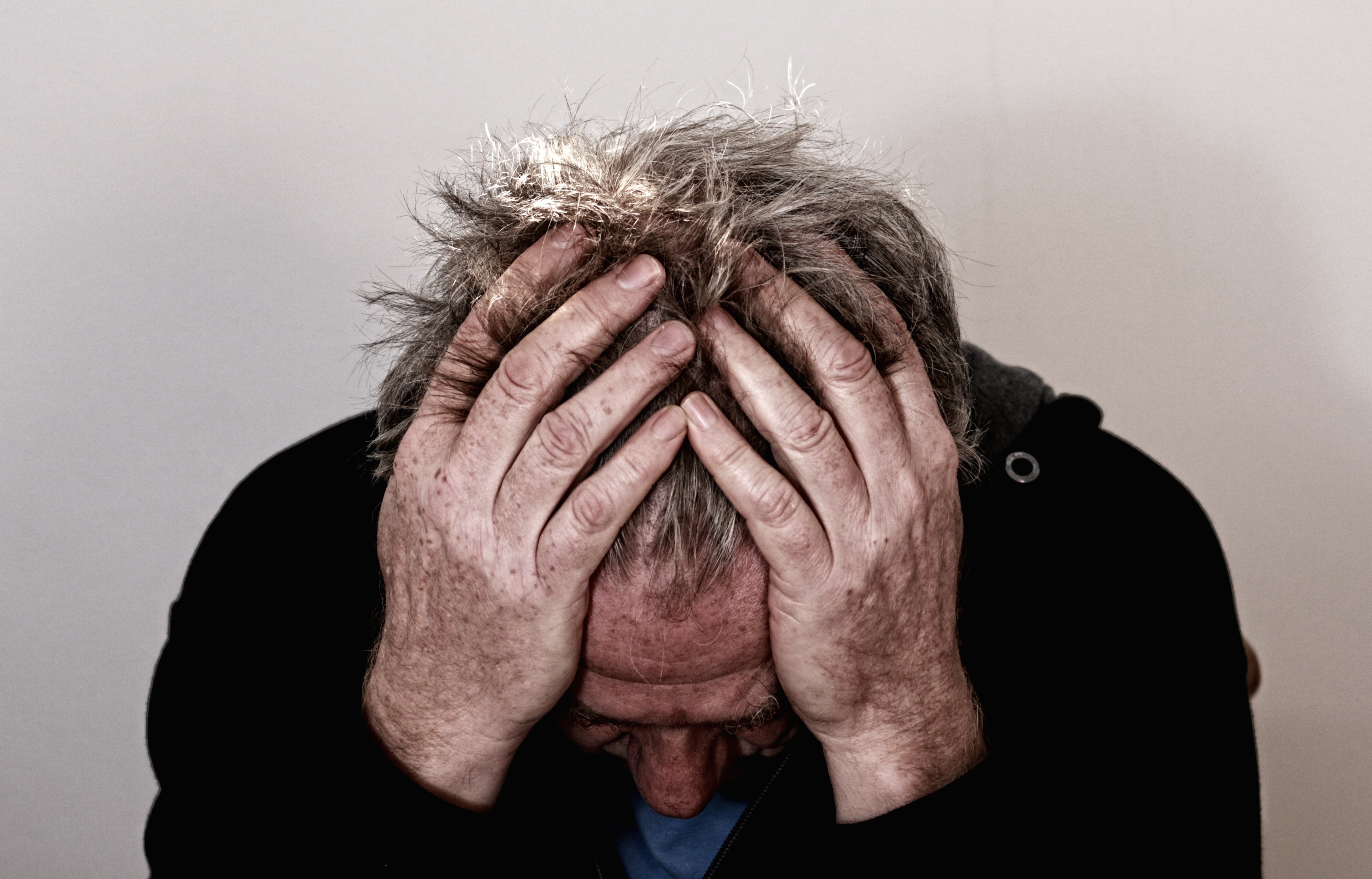
COVID-19 widened Australia's 'loneliness gap'
Survey: A study based solely on people’s responses to a series of questions.
People: This is a study based on research using people.
Aussie scientists used survey data from 2065 participants to investigate the effects of COVID-19 restrictions on loneliness in Australia. In general, the surveys reported increases in loneliness caused by isolation, health anxieties, reduced activity and quality of social connections, and poor motivation. COVID-19 also created new difficulties for single people, those with physical and mental disabilities, their carers, and those with low social capital. There was also reported ‘pruning’ of social networks, and evidence that increased digital interaction did not substitute for lost physical contact. Younger people also reported disruptions, including to travel and university attendance, which contributed to feeling isolated. The authors conclude that COVID-19 has increased potential long-term inequalities in loneliness among Australians, and that digital contact is no replacement for seeing people in the flesh.
Journal/conference: Australian Journal of Social Issues
Link to research (DOI): 10.1002/ajs4.223
Organisation/s: University of Wollongong, The University of Sydney
Attachments:
Note: Not all attachments are visible to the general public
News for:
Australia
NSW
Media contact details for this story are only visible to registered journalists.

